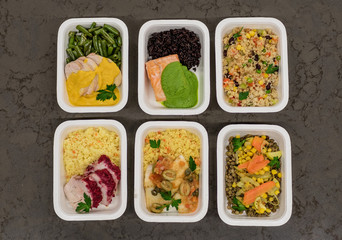Sometimes us nutritionists seem to be speaking a foreign language. We often get so caught up in our own world filled with the minute details of food and bodies that we forget to explain ourselves. We use the word macros, or caloric intake like everyone knows what we are talking about. It isn’t until clients give us a confused look or ask us to slow down and explain ourselves, that we realize we have slipped into speaking in gibberish again.
The world of nutrition is filled with acronyms, slang and random words that anyone who is not well versed in the lingo and basics may not understand. So today, I am here to offer a little clarity.
First: Caloric Intake= How many calories you consume in one day.
This may seem like a simple subject. We all know what calories are right? Not necessarily. Most of my clients come to me looking at calories as an enemy, something to be reduced as low as low as possible without actually starving. It is often believed that keeping your calories this low will keep your weight in check, and if you are overweight then it means you don’t have enough willpower or drive to limit yourself enough.
This makes me sad. Unfortunately, common culture has taught us that calories are bad. Extremely low calorie diets continue to be rampant and preach fast weight-loss. But we have all seen that when we go off those programs the weight seems to pile back on. This is not your fault.
Calories= Energy
When you take your calories below what your body needs to optimally function, your body has to burn reserves. You might have heard about this before, but what you might now have heard is that your body doesn’t just burn fat, it burns muscle too.

The problem with this is that muscle burns calories when you are sitting at your desk or laying in bed. Without that muscle you can’t climb up stairs without feeling tired or play with your kids or even maintain your weight easily. You need to give enough energy (calories) to your muscles so they don’t disappear (exercise is also equally important to maintain muscle, but another topic for another day). It is my job to find out exactly how many calories your body needs to keep your muscle but also burn fat.
Second: Macros= Protein, Carbs, and
Macros= calories.
Let me further explain.
1g of Protein= 4 calories
1g of Carbohydrate= 4 calories
1g of Fat= 9 calories
I often get asked which is better protein, carbs or fat. My answer is always the same. None of them. They are all equally important, in the right balance. We need all three macros for our body to work properly. Protein is essential for muscle maintenance and repair, carbs are our preferred and best energy source, and fat is irreplaceable for hormone health and cell integrity. They all have their place.
Now if you ask me, what is the right macro balance? I would have a hard time answering. This is the edge of science and where most of the controversy lies. The truth is there is no one right answer. Each body is different, and each person needs something different. Macro needs are based on physical activity, genetic markers, and overall health. It is my job to find out what macro balance is ideal for you.
Third: Micros= Vitamins and Minerals
I won’t go too in depth about vitamins and minerals, because frankly there is just too much. There are 13 essential vitamins and 7 more minerals. Mind you this doesn’t include phytochemicals or trace minerals either (only a little is known about these except that there a lot and they are extremely important for our bodies).
What I will say though is that their importance should not be neglected, and it is best to get them from whole foods. Our body needs these vitamins and minerals to convert food to usable energy. Oral supplements are great for extra support, but a food is made up of more than the sum of its parts. Meaning there is no supplement out there that can replace all of the benefits found in just one carrot. Sure you may be able to lose weight by balancing macros around processed food, but it will be detrimental to your overall health. So as convenient as protein bars and protein shakes are they should not be the cornerstone of your meal plan.
I help my clients balance whole foods, and yes sometimes convenience foods too, in a meal plan that is doable for them and their busy schedules.
That is it. Those are the basics. Now if you are sitting in my office and I absentmindedly use the word macros, you now know exactly to what I am referring.
References:
https://academic.oup.com/biomedgerontology/article-abstract/doi/10.1093/gerona/glw328/2966367/Calorie-Restriction-induced-Weight-Loss-and?redirectedFrom=fulltexthttp://journals.sagepub.com/doi/full/10.1177/1745691617690878








